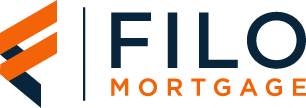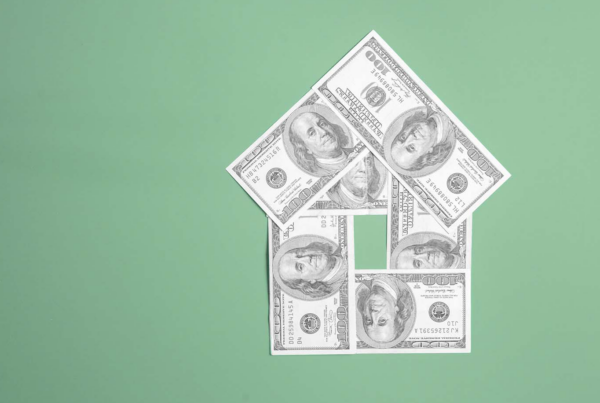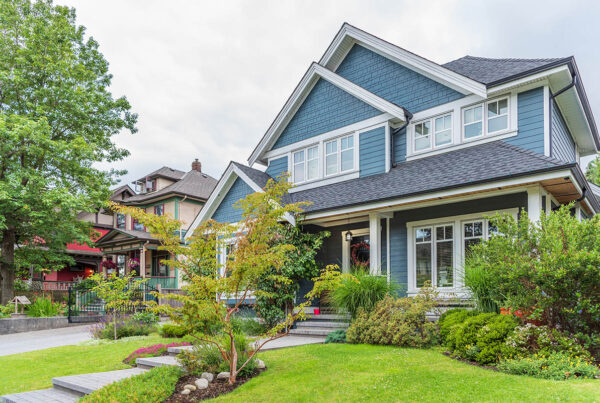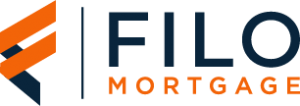If you’re looking to get a home loan, you’ll have numerous options to choose from. The type of home you purchase, your eligibility, your preferences, and other factors are just some of the few things that determine what type of home loan is best suited for you. Some of the different types of mortgages include:
Fixed-rate mortgages
Fixed-rate mortgages are home loans that have the same interest rate throughout the life of the loan. Fixed-rate loan terms can vary widely, with 30-year terms being the most common. Fixed-rate mortgages are an appealing option for homebuyers taking out mortgages when rates are low, and/or when they want to ensure steady monthly payments.
Adjustable-rate mortgages
Unlike fixed-rate mortgages, adjustable-rate mortgages (ARMs) have rates that fluctuate depending on the market rate. This will cause monthly mortgage payments to increase and decrease over the years, and can give homebuyers the opportunity to obtain the lowest interest rate possible in the initial period. Typically, adjustable-rate mortgages will have a period in the beginning when rates are fixed, such as five years. After that time period is up, they are subject to an increase or decrease, depending on how market rates fluctuate.
Construction loans
Building a home can be a great option if you’re looking to customize everything just the way you envisioned. Depending on the specific project, you may be required to take out a construction loan, which converts into a conventional mortgage once construction is finished.. Construction loans generally require 20 percent down, but there may be exceptions to this requirement if you’re combining a construction loan with another type of loan, such as an FHA loan or VA loan.
FHA mortgages
FHA mortgages are available exclusively to low-to-moderate-income borrowers, and they are insured by the Federal Housing Administration. Borrowers who qualify for FHA mortgages have the option to put down less than what is required for a conventional mortgage; there can also be more flexibility with FHA loans when it comes to credit requirements.
Jumbo mortgages
Borrowers purchasing homes that exceed federal loan limits will typically need to take out a jumbo mortgage. These conventional mortgages have non-conforming loan limits, giving homebuyers more flexibility when it comes to the amount they borrow. As of 2021, the maximum conforming loan limit for single-family homes in the majority of the country is $548,250, with $822,375 being the cap in areas with a higher cost of living.
USDA mortgages
Homebuyers who qualify for USDA mortgages, which impose income limits, have the option of financing their home without any down payment. Aside from income qualifications, homebuyers must be purchasing a home in a USDA-approved rural area in order to be eligible for a USDA mortgage.
Interest-only mortgages
These types of loans give borrowers the ability to only pay the interest on the mortgage for a fixed time period. After this time is up, which is usually five to seven years later, mortgage payments increase because principal is added into the payments. This type of mortgage can be an ideal option for homebuyers who need lower payments initially but feel confident in being able to handle the higher payments in the future. Borrowers also have the option of refinancing their interest-only mortgages later on, if they choose. One major disadvantage of interest-only loans is that borrowers won’t build equity as fast as they normally would, but depending on your specific situation, the benefits may outweigh any cons.
VA home loans
VA loans, which are also government-issued, are exclusively available for U.S. veterans. Getting approved for a VA home loan is typically easier than other types of mortgages, with requirements being more relaxed. These loans are also good choices for qualifying homebuyers who are looking for more flexibility, such as the option to purchase a home without making a down payment. In addition to veterans being eligible for VA home loans, surviving spouses may also qualify in some situations.
Balloon mortgages
Balloon mortgages offer advantages and disadvantages: on the one hand, initial monthly payments are typically much lower than they would be compared to conventional mortgage payments. However, after a short time, borrowers must pay what has been withheld from previous payments in one large payment, which is known as the balloon payment. These loans can be risky for those who may be unprepared to make their balloon payment. However, they can also be a good solution for borrowers who may have some financial challenges initially but are confident they can cover the balloon payment when the time comes.
Learn more about the mortgages we offer
If you’re getting ready to apply for your first mortgage, comparing the different options can be overwhelming. Everyone’s situation is different, and what works best for one homebuyer may not be the best option for someone else. We completely understand that the process can be a little intimidating, and that’s why we are here to help you find the best mortgage that works for you. Contact us today to learn more about the mortgages we offer, compare the different options that are available to you for your home purchase, and to get started on the application process.








